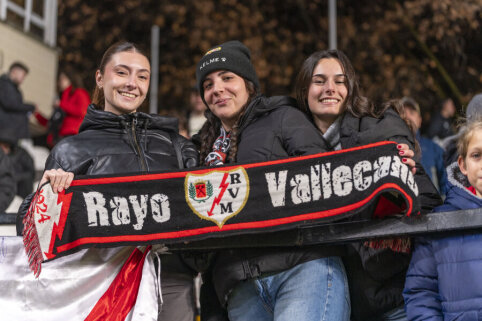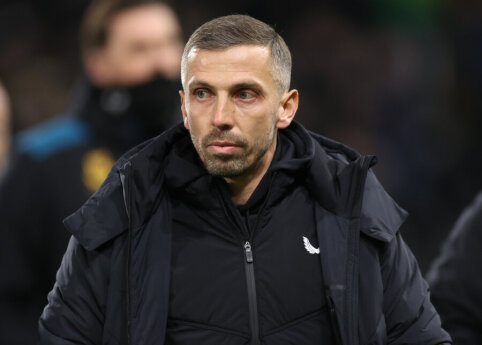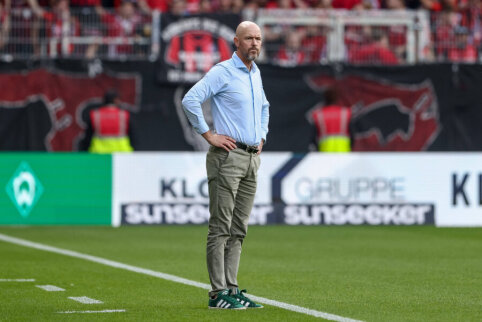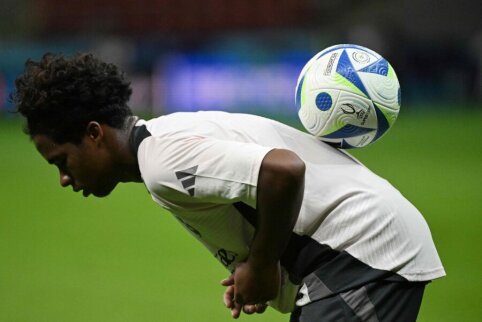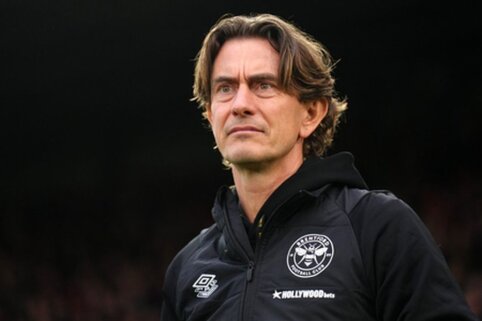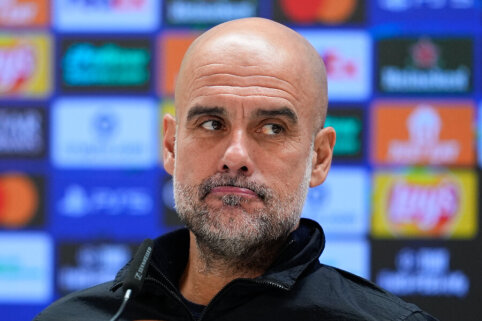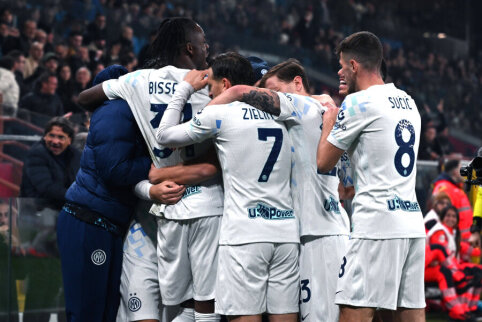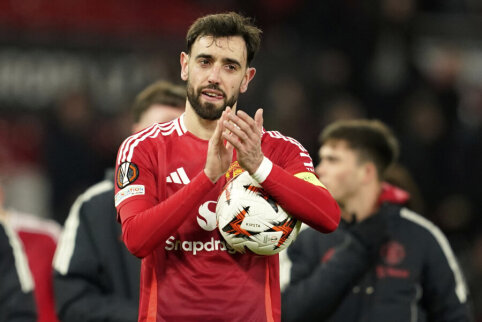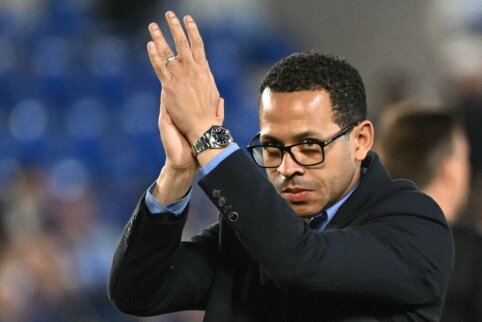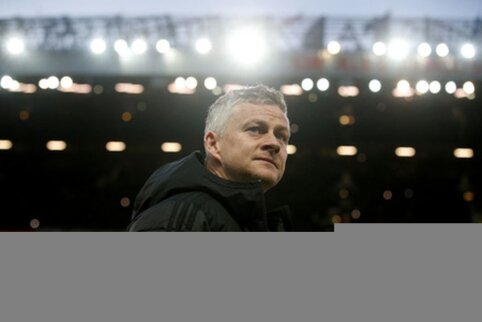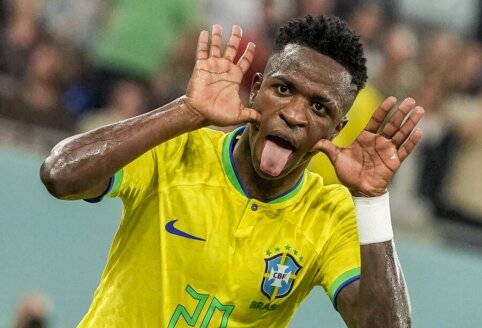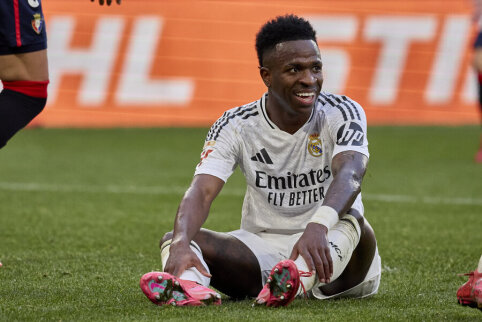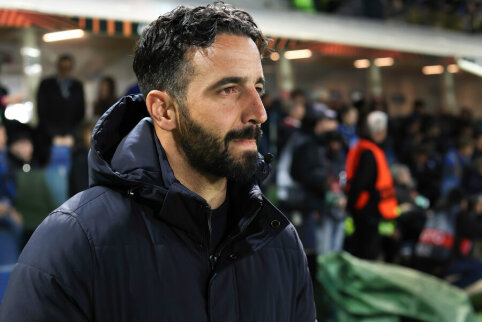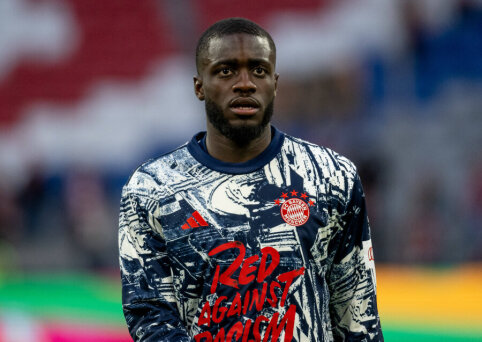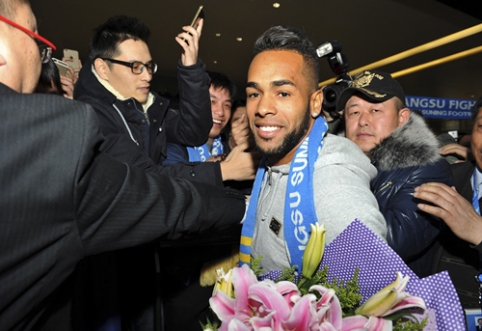
Stunning deals during the January transfer window forced the football world to pay attention to the Chinese football market, which definitely shows no signs of stopping in the near future. Goal decided to delve deeper into Chinese football and find reasons why more and more top players are turning to this country.
Jackson Martinez, who was Madrid's "Atletico" key summer acquisition, fled to the Chinese "Super League" and the Asian Champions League winners "Guangzhou Evergrande Taobao" on February 3 for 42 million euros. However, this amount was soon surpassed - "Jiangsu Suning" released a staggering 50 million euros to acquire Alex Teixeira from "Liverpool," who previously played for Donetsk's "Shakhtar" club.
If Martinez's transfer can be considered an overpriced player acquisition, Teixeira's acquisition best reflects the fact that Chinese clubs can now compete head-to-head with elite European teams for the signatures of the best players. And not just compete, but also win. This deal forever changed the established transfer market.
"We are about to reach a new reality. The transfer market will never be the same as when Chinese clubs showed that they can compete with European clubs like 'Liverpool' and beat them in the battle for player acquisition. Players like Alex Teixeira and Gervinho, who was a starter at 'Roma,' now want to play in China," said Mads Davidsen, who works as an assistant to Sven-Goran Eriksson in the "Shanghai SIPG" team.
Players playing for their national teams - Ramires and Fredy Guarin - were also lured to Chinese clubs this winter. Meanwhile, Brazilian Elkeson, who in Davidsen's opinion could easily play in the Premier League or Bundesliga, moved from "Evergrande" to "SIPG," where players like Asamoah Gyan and Argentine Dario Conca already compete.
The allure of Chinese clubs to South American or African players now rivals traditional offers from top European leagues. Players from these continents even living and playing in Europe thousands of kilometers away from their homes would probably avoid experiencing even greater cultural shock playing in China, knowing they would not be competing on the continent where they grew up. This reason is one of the main factors why fewer Europeans move to this country compared to players from South America and African countries.
"We are offered starting eleven players from some of the best clubs in the world. Just over a year ago, we were offered good players, but only those who had been out of the game for a long time or didn't fit in the lineups. Now we are offered starting players from the strongest European clubs. This is a big, big change," says Davidsen.
The addition of high-level foreign players will undoubtedly raise the level of the league and further encourage other famous players to continue their careers here. While most players are accused of seeking easy money, Davidsen says that high demands are placed on foreign players both on and off the field.
"This is the fear of change. Those players did not have small contracts in Europe," the coach said about those who criticize players who moved to China.
"Indeed, it is a great misunderstanding. People think that arriving here the footballers will have an easy job, and they themselves came here just for money and relaxation. Foreigners are subjected to incredibly high demands because everyone expects that these players will help win matches. When difficulties arise, local players just pass the ball to foreigners, and if they fail to change the course of the match, the fans will not support them. Being a foreigner in China is very, very difficult. If there are no results - you see how quickly we change players. There is no patience here."
"Certainly, there are requirements for the coaches as well, but club owners expect that the arriving players will achieve the set goals. We bring them here and pay them huge sums of money. The fans also have their say, as does the media. So, if players come here expecting an easy job - they will leave just as quickly," Davidsen is convinced.
Elkeson, who twice won the Asian Champions League with the "Evergrande" club, Gyan, and Conca are the key players of "SIPG" this season as they compete for international titles. In the 3-0 victory over "Muangthong United" in the knockout round matches, Conca scored a goal, while local talent Wu Lei added two more. In all the most important matches, it is expected that foreigners will set a proper example for local players.
"If a player like Conca talks to younger players and gives them advice, out of respect, they will listen more attentively than to other people. Conca is a fantastic professional. He is 32 years old, has a lot of money, but still has come here with great motivation. He wants to win. If we fall behind after the first half, he is the one who tells other players they need to improve their game. He interacts a lot with footballers and gives advice during training. Even after my analyses, he returns and asks to repeat his game sequences which he could improve - he is still hungry," the coach spoke about the team's leader.
"We can set an example for Chinese players so they can see what professionalism means - food choices, taking care of the body, and all similar things. It is useful: although Chinese players are also professionals, they can learn many useful things from a different culture," he stated.
Each Chinese "Super League" club can have four foreign players and one additional player from another Asian country, so teams must carefully consider the addition of foreign stars. In China, team stars are not allowed to relax at all, unlike the main players in Europe.
"Sven is a very structured coach, and everyone has to do their job in defense. It's not like someone should have a free role, and other players should do more work. The coach will always make sure that a player like Asamoah does just as much defensive work as Chinese players," Davidsen revealed.
Although salaries offered in China are often much higher than in Europe, and Gyan earns up to 17 million dollars a year, adapting to life in China is still not an easy task.
Living in Shanghai, players can enjoy the same advantages as in major European cities. "SIPG" team players live either in the city center or near one of the many prestigious international schools, where they can send their children. However, not all representatives of Chinese clubs can boast of these same advantages.
"China is as big as Europe, not only in size but also in cultural differences. You might think that all Chinese people are the same, but there is a huge difference between living in Northern China and Southern China. For those of us living in Shanghai, it is relatively easy to integrate the players. This is an international city, and life here is no different from life in London. But if you go to cities in Northern China and expect to continue the same life as in Europe and enjoy the same food - you will face many problems. I know players who find it very difficult here because they expected something else. Nobody speaks English, and these are additional challenges for foreigners," Davidsen revealed.
The opportunities to invest in football created in the country have led to not one or two stronger teams but to an increasing number of players joining the Chinese league. Recently, the league administration has been cleansed, and fans can now be confident that "Super League" matches are not rigged. Moreover, long-term league development plans have now been left to both the government and private investors.
"Shanghai SIPG" belongs to the "Shanghai International Port" group, which receives state funds, while "Evergrande," "Hebei China Fortune," "Jiangsu Suning," and "Shanghai Greenland Shenhua" are controlled by some of China's richest companies.
"It is not that some rich men throw their money away, and eventually their savings run out, and everything stops. Those companies even make money from investing in football," Davidsen is convinced.
Despite recent economic problems in China, the amount of money that controlling companies can allocate to their clubs is incredibly large. The SIPG company alone has capitalized more than 16 billion dollars on the market.
"Yes, Chinese clubs belong to huge companies, but people need to understand that this isn't a huge spending. If you focus only on football clubs, then yes - it is a huge expense. But you have to understand that SIPG is the main company, and "SIPG FC" is its subsidiary. If you only look at "SIPG FC," you will undoubtedly see a negative balance because we spend a lot on transfers, player salaries, and we don't earn much ourselves. However, advertising and brand enhancement have almost doubled the value of the main company, which means that when both companies' budgets are added together - they make a profit from football," Davidsen explained.
President Xi Jinping's influence on football is overestimated but he is still interested in the sport. He wants China not only to fight for the right to host the World Cup but also to win the opportunity to hold the biggest football event in their country. The President believes that the development of football is essential for China's sports economy. Without a doubt, as long as Xi Jinping is in power, football will continue to progress rapidly.
"Presidents always want to have their own projects. They don't adopt their predecessors' projects. If the country's leadership changes tomorrow, I fear that the new leader would have their personal project. If the attention of the authorities suddenly shifts from football, investors would disappear because they simply do what the president tells them to do," he said about the peculiarities of Chinese leadership.
The President's decision to change China's prevailing business model, where real estate was the main focus, is crucial. Private companies, as well as companies with government shares, are encouraged to invest in football and create a long-lasting sports club, thus complementing other industries. Xi Jinping also aims to build 20,000 stadiums near schools by 2017 to develop more local talents, who will not only strengthen China's dominance but also move to powerful foreign clubs.
"Economic growth is not as great as it used to be, but it is still the world's largest. The President understands that real estate business and construction do not last forever. China has undergone mass construction over the past 15-20 years, and cities are now very, very large. You simply cannot continue building. The new economic system is going in a different direction. The President also aims to create a strong sports industry. It will take a few years. However, there is already a very detailed plan for sports investment," Davidsen stated.
Continuous investments, notable newbies, and a strengthening league all show that football in China is growing and becoming a more powerful force. The performance of Chinese clubs during this transfer window, where they spent much more than the biggest European clubs, has raised doubts in everyone's mind about their next steps. It seems that Chinese clubs will have no impossible purchases soon.



